From July 24th to 27th, 2021, a research team from Tsinghua University’s Center for International Security and Strategy (CISS) conducted field research in Bayannur, Inner Mongolia Autonomous Region, on energy and economic restructuring, which belongs to efforts to achieve China’s “dual carbon” goals, i.e. peaking carbon emissions before 2030 and reaching carbon neutrality before 2060. The 8-person strong team, led by Mme. FU Ying, Chair of CISS, and Professor ZOU Ji, CISS Fellow and CEO & President of Energy Foundation China, was offered generous hospitality from Bayannur’s government leadership including CHANG Zhigang, Secretary of the Municipal CPC Committee, and ZHOU Yulin, Director of the Standing Committee of the Municipal People’s Congress. The research team was also accompanied by the head of Bayannur’s Development and Reform Commission throughout their research trip.
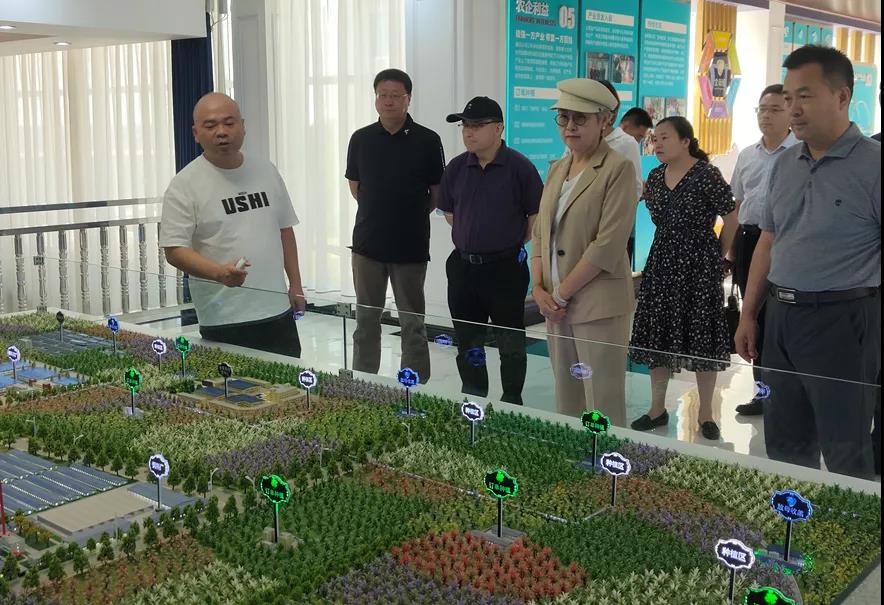
The team visited the PV Village in Lianxing, Wuyuan County, Zhonghe Longteng’s solar thermal power plants, Guohua’s wind farms in Chuanjing, and other major new energy projects in Bayannur, which allowed them to gain a comprehensive understanding of local new energy resources, energy industry structure, development constraints, and prospects.
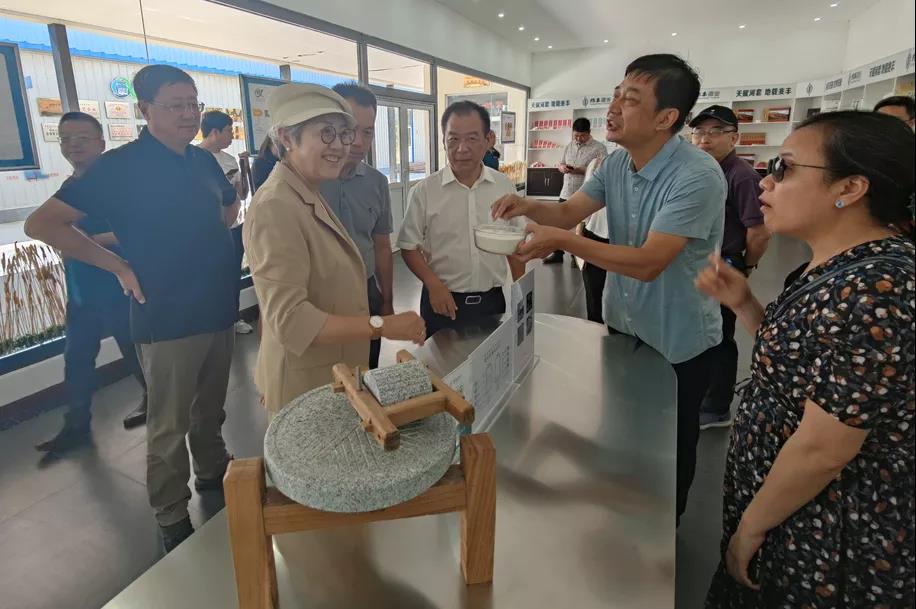
Apart from the power plants in Bayannur, the CISS team also visited facilities for modern agriculture and livestock husbandry R&D, production, processing, and sales, including the “Tianfu Hetao” headquarters, Xiannong Agricultural Demonstration Park, China-Israel Desertification Prevention and Control Industrial Park in the Ulan Buh Desert, Zhaofeng Flour, and Inner Mongolia Chun Xue Cashmere Co., Ltd, fostering greater insights into local industrial growth and ecological protection as well as development in cultural and tourism sectors.
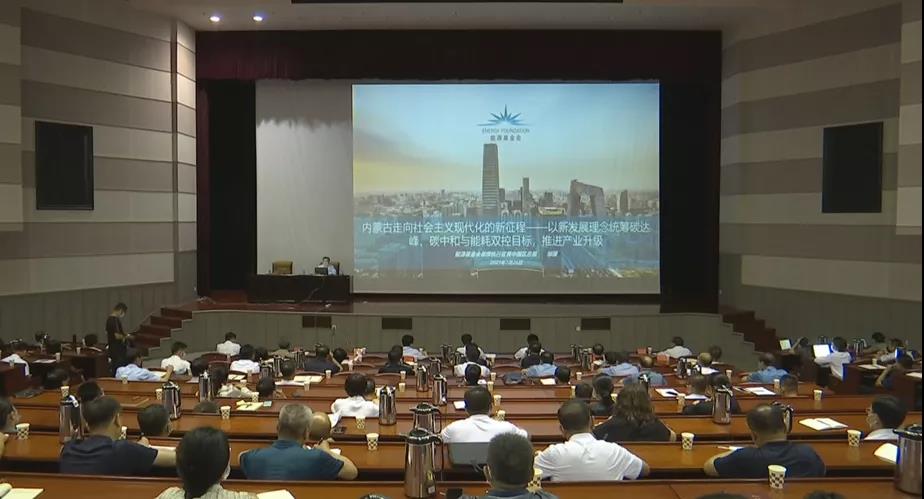
Upon the invitation of the Bayannur Municipal CPC Committee’s theoretical studies task force, Professor Zou delivered a lecture for local leadership entitled “Inner Mongolia on a New Journey Towards Socialist Modernization: Achieving the ‘Dual Carbon’ Goals and Promoting Industrial Upgrading with the New Development Philosophy.”
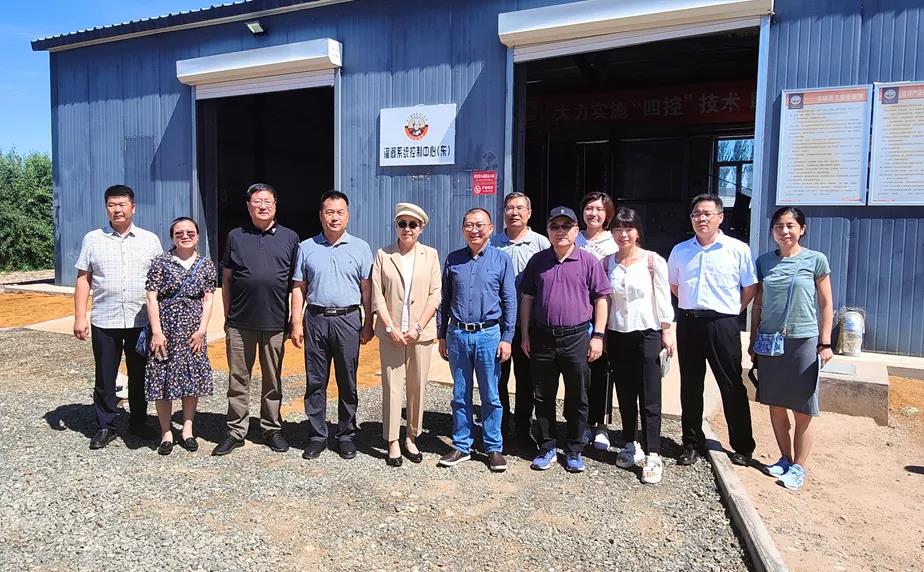
During the visit, the research team engaged in extensive exchanges with local government staff, business leaders, researchers, and technology developers on issues such as cross-sector development, promoting new energy development to create a new paradigm of economic growth and ecological protection, advancing large-scale modern agricultural production, attracting investment for greater economic vitality, and encouraging local engagement in international cooperation.
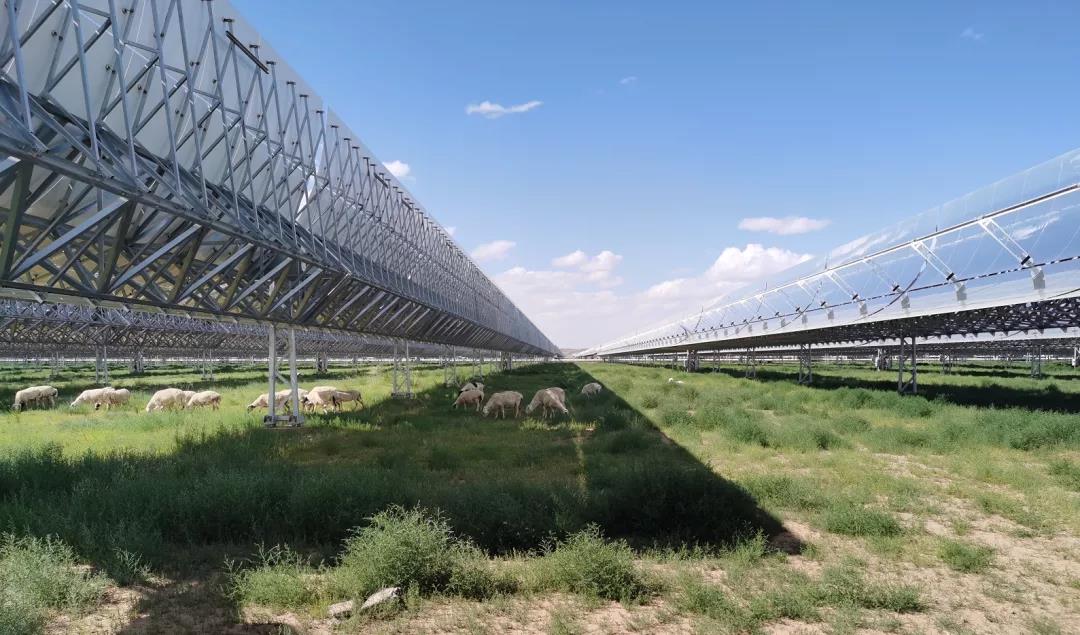
This visit to Bayannur has deepened the team members’ understanding of the interplay between foreign and domestic policies and broadened their grassroots perspective on international studies, which is of great significance in increasing the depth and practicality of their future studies.
